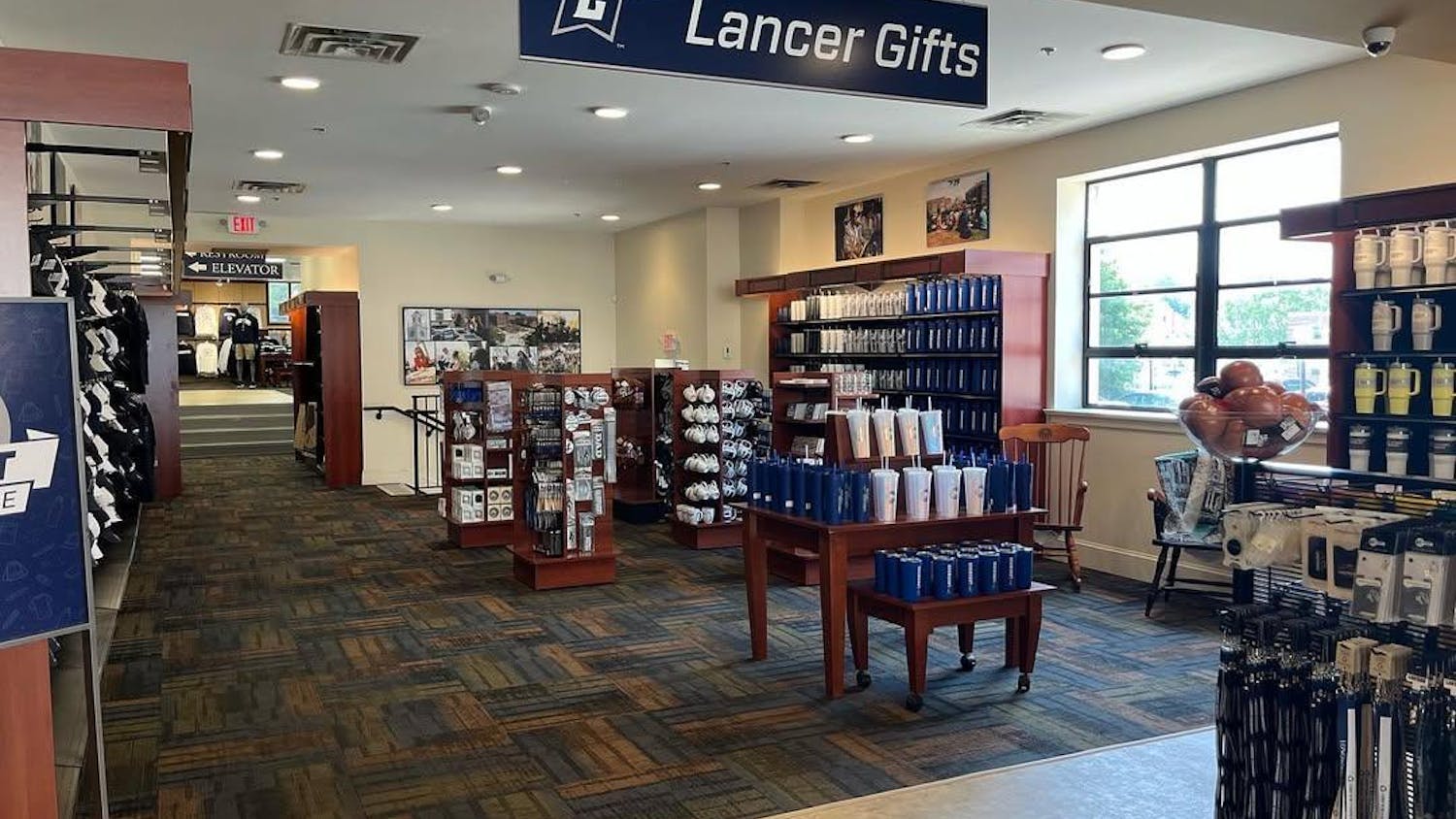The Israel-Hamas conflict has arisen once again with multiple attacks from both sides that have led to thousands of deaths. Universities across the U.S. are seeing an uptick in protests, demonstrations, and attacks on Muslim and Jewish students, yet Longwood University’s campus is quiet on these issues.
According to NPR, on October 7, 2023, Hamas – a terrorist organization that took control of the Gaza Strip in 2007 by force from the recognized Palestinian government – attacked Israeli towns and killed at least 1,400 people. Since these attacks, Israel has responded with airstrikes that have now killed over 13,000 people in Gaza.
According to ABC, a student at Cornell University was charged with making threats against Jewish people, including threats of rape and murder. The student charged also made threats to “bring an assault rifle to campus and shoot.”
The New York Times reported on demonstrations for both pro-Israeli and pro-Palestinian reasons at New York University and Columbia University.
Despite college campuses seeing increased awareness of the crisis, Longwood students haven’t held any demonstrations and Longwood President W. Taylor Reveley IV released an email that briefly acknowledged the ongoing crisis. The email from Longwood’s president was sent to all undergraduate students on October 19, almost two weeks after the first attack.
Alyiah Abasay, President of Longwood’s Muslim Student Association (MSA), said, “Reveley’s ill-written email about this situation, I feel like is a testament for the support we have gotten as a student body. For a school that prides themselves on creating citizen leaders and supporting their students, that was something that was really heartbreaking to read.”
Reveley stated in his email that he asked Longwood’s student affairs office to reach out to the Muslim and Jewish student groups, but Abasay stated differently.
Abasay stated Longwood’s Care Team, a group composed of representatives from academic and student affairs whose purpose is to deploy its resources to students in need of support, did not reach out to the MSA until weeks after Reveley’s email.
“I think we got the email on the 27 or the 28, it’s been quite some time, [Reveley] already said he told people to reach out,” Abasay said. “It didn’t feel very genuine, it was very lacking in support, to say the least.”
Dr. Ryan Stouffer, associate professor of Communication Studies and the Jewish Culture Club (JCC) adviser stated while Jewish students in the JCC aren’t certain about what support they need, the university, as a whole, did not know what support to offer either.
Stouffer stated he was disappointed by the university’s delayed response. However, he noted some individuals from student affairs did reach out prior to the president’s official statement.
This lack of action and support from Longwood could be due to the reaction, or lack thereof, from Longwood’s campus about the conflict.
Abasay stated, “I think what really got us was how little the student body knows about it as a whole.” This lack of knowledge could be a reason why no form of demonstrations or protest have occurred at Longwood.


Despite no reaction on Longwood’s campus, the MSA and JCC partnered with Longwood’s Asian Students Involvement Association (ASIA) to host an event to bring awareness on campus.
The event was held on November 15 and featured presentations by students in the MSA, JCC, and ACC, as well as Stouffer and Hazami Barmada, an award-winning public affairs and social impact strategist, consultant, and social entrepreneur.
The presentation discussed the history of the conflict, how to support students during the crisis, and how to navigate the news and social media during a time of crisis and potentially graphic content.
Abasay stated she hopes this is just the beginning of a series of events to bring awareness to Longwood’s campus.
Multiple members of the university’s administration were contacted for interviews, all of which either denied an interview or did not respond by the time of publication.










